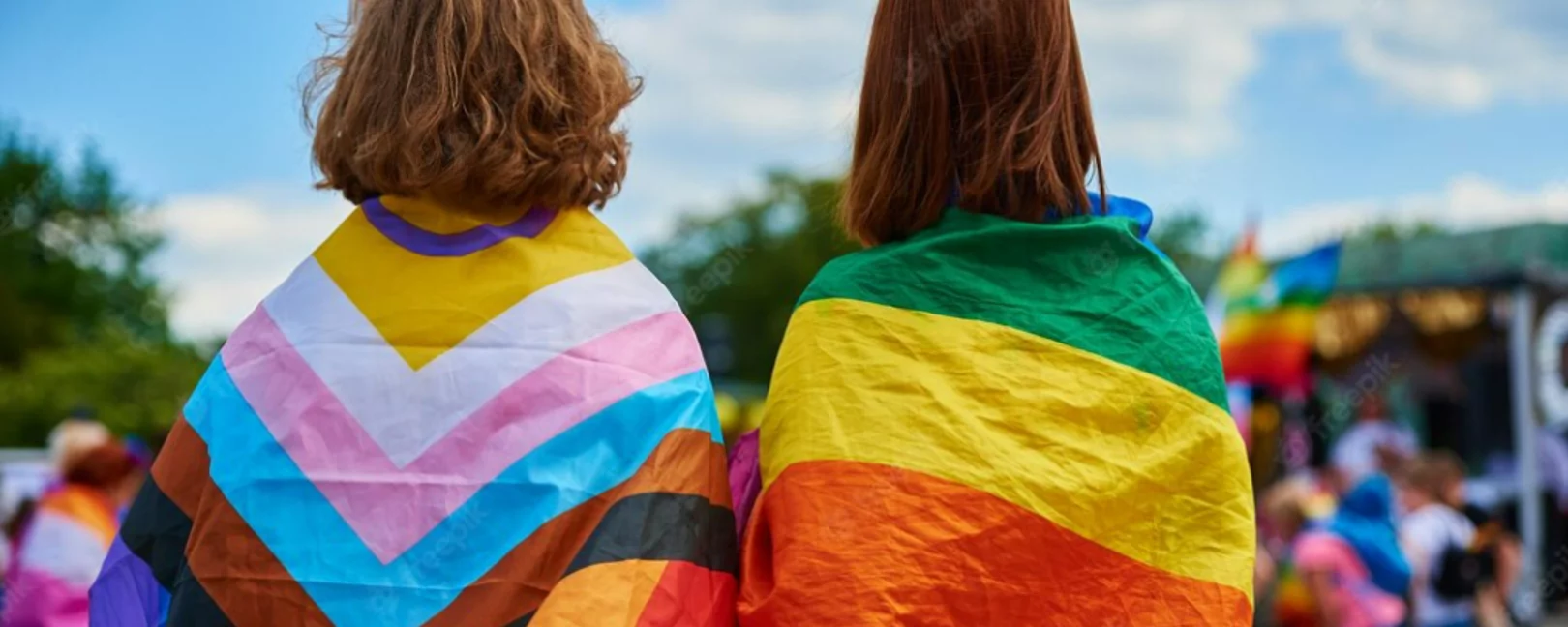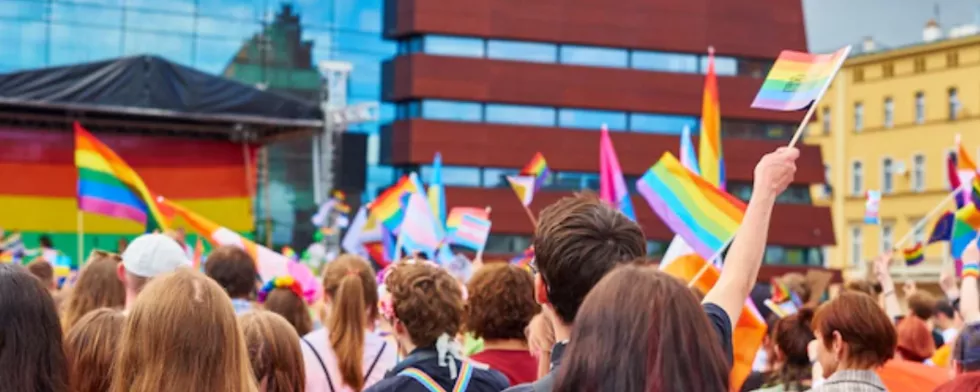Fact: LGBTIQ+ rights are human rights
Systemic exclusion, various kinds of violence, and discrimination are still being imposed on LGBTIQ+ people to deal with, individually and on a daily basis. Criminalization and stigma have further hindered access to basic human rights and needs, as many countries continue to foster a culture of social homophobia and transphobia. The COVID-19 crisis did not make things any better and LGBTIQ+ people were vulnerable to the worst effects of the virus and the fallout it created.
This section features a selection of the Heinrich-Böll-Foundation's contributions to LGBTIQ+ activists’ fights across the globe.
What does LGBTIQ+ stand for?
The abbreviation stands for lesbian, gay, bisexual, transgender, intersexual, queer persons and the “+” includes all genders and all diverse sexual orientations.
Understanding and using the language/terminology is one of the key components of ensuring an inclusive and respectful approach to the topic. LGBTIQ+ describes a variety of people with diverse sexual orientations and gender identities. What is in common for all LGBTIQ+ people is experiencing every day, structural, and political discrimination. All those who are not within the socially coded ideal are struggling worldwide for human rights, recognition, and the right to lead their relationships, their identity, and their lives in a self-determined way.
It’s only feminism if it’s intersectional!
The focus on justice allows us to think about feminist and LGBTIQ+ struggles together. Different forms of justice, be it reproductive, economic or those related to access to health care, affect women as well as LGBTIQ+ people. Both groups include people who are most vulnerable and exposed to patriarchal violence and oppression. Our aim here is to identify the structural causes of unjust power relations and work together towards their change.
Gender identity and sexual orientation
Gender identity and sexual orientation are a wide spectrum that continues to be pressed into a normatively constructed binary gender conception for far too long. In its work, the Heinrich Böll Foundation wants to inform people about the social constraints and, together with its partners and many others, advocate for people to be able to live their gender identity and sexual orientation free from punishment and discrimination.
Podcast Previews
LGBTIQ+ and COVID-19
“History has shown us that in times of crisis those most marginalized tend to suffer disproportionately compared to the broader population.”Vulnerability Amplified, a report published in May 2020 by OutRight Action International
LGBTIQ+ rights are human rights
Protecting LGBTIQ+ people from violence and discrimination does not require a new set of human rights laws or standards. Universal Declaration of Human Rights and other international human rights treaties safeguards the human rights of LGBTIQ+ people – since they are human rights. However, marginalised people are exposed to serious human rights violations, either structurally or discursively. One thing is for certain, there should be no hierarchy in respecting human rights. Human rights are for everyone.
Responses to anti-LGBTIQ+ and anti-feminist movements
The anti-gender and anti-LGBTIQ+ networks are rising worldwide and influence the politic discourse in many countries. However, LGBTIQ+ people have always existed all over the world. Their social, political and legal security is almost as diverse as the community itself. LGBTIQ people are fighting against anti-feminist narratives, policies and politics every day globally and locally: about participation, human rights and the freedom to love whomever you want and to be whoever you want to be.
Queer Feminist Perspectives on Political Homophobia and Anti-Feminism in the Middle East and Europe - Watson Institute for International and Public Affairs
 Watch on YouTube
Watch on YouTube




















